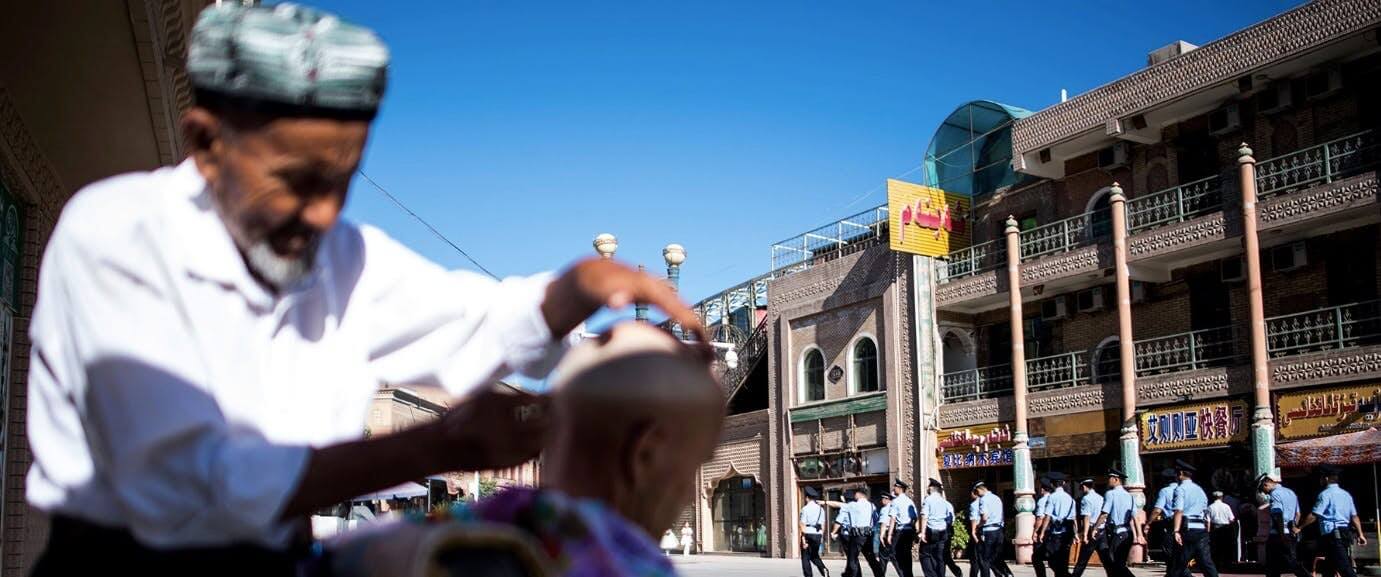In the far western region of Xinjiang, China has created one of the world’s most sophisticated and intrusive state surveillance systems to target the predominantly Muslim Uighur ethnic minority. Part of what Beijing calls its anti-terrorism campaign, the system includes mandatory facial-recognition scans at gas stations and Wi-Fi sniffers that secretly collect data from network devices. Over the past two years, the technology has helped authorities round up an estimated hundreds of thousands of Uighurs and other Muslims and lock them up in clandestine camps that China calls “re-education centers.”
For those detainees and for millions of others, this Chinese experiment in technological control has transformed Xinjiang into an Orwellian prison state. But for Chinese surveillance companies, it has turned the area into something else altogether: a lucrative market and a laboratory to test the latest gadgetry. The companies include some of the leaders in their field, often backed by Western investors and suppliers, according to analysts and activists who follow the plight of the Uighurs. Their research on the issue raises the grim prospect that many people around the world are profiting from some of China’s worst human rights abuses.
The companies include the world’s two largest security camera manufacturers, Hikvision and Dahua Technology. Though they are not household names, odds are you’ve been filmed by one of their products. Combined, the two firms supply around one-third of the global market for security cameras and related goods like digital video recorders. They are publicly traded at the Shenzhen Stock Exchange and are worth a combined $70 billion — billions more than better-known brands like Sony.
Hikvision and Dahua have already attracted scrutiny in the West, where their popular cameras are deployed at U.S. Army bases and other sensitive locations.
Hikvision has close ties to the Chinese government — it’s partly owned by a state defense contractor and its chairman was appointed to the National People’s Congress, China’s rubber-stamp parliament, earlier this year — raising concern in the United States that China might be harnessing these cameras for espionage (charges Hikvision strongly denies). Last month, the House of Representatives passed the annual National Defense Authorization bill for 2019, which includes a provision that would bar the U.S. government from purchasing both firms’ products.
Read the full articlehere.
